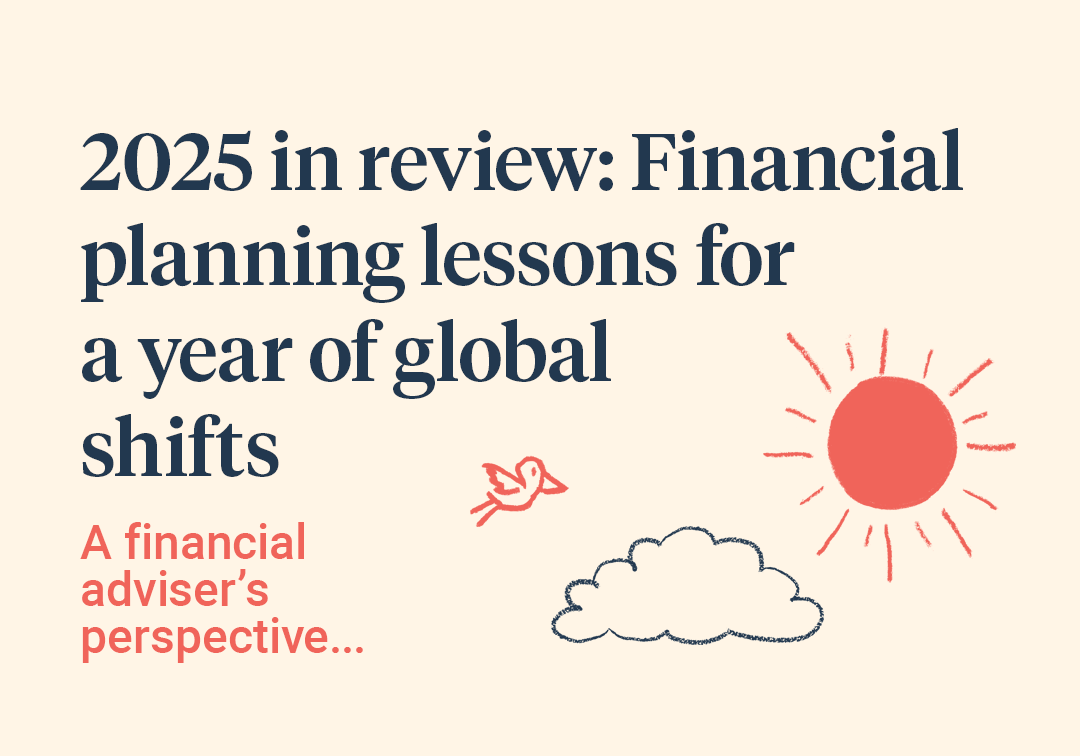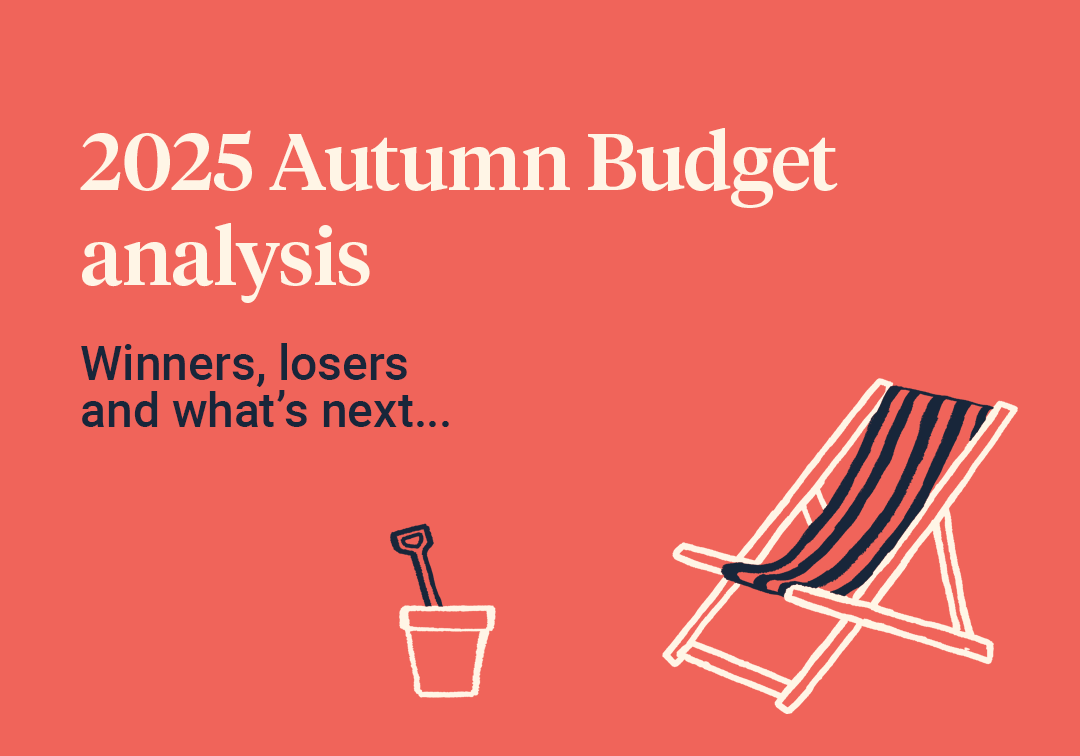Retirement is arguably one of the most significant life stages from a financial and personal standpoint. Financially, you’re reaching a stage where you can utilise what you have accumulated during your working life. Personally, you are about to have the most free time you’ve ever had to spend how you wish. Because of this, it’s important to get your ‘ducks in a row’ before retirement and consider the key points in the below checklist. It’s worth remembering that the earlier you plan, the higher likelihood of success you will have in achieving the retirement you are looking for.
Know you have enough before you commit
Imagine thinking you have enough to retire, and then a few years in realising that you weren’t actually able to live the retirement you expected or wanted. We’ve seen it many times where prospective clients have come to us post-retirement to check they are actually on track and can sustain the retirement lifestyle they’ve wanted and expected.
Cashflow planning can be a useful tool when planning for retirement and could give you the confidence to take the step into retirement. Cashflow planning involves building a comprehensive timeline, factoring in key life events (such as major holidays and anniversary spends, downsizing your home, repaying your mortgage etc.) to understand the affordability of certain scenarios, such as retirement. We aim to give clients the confidence in their plan to retire at a certain point of their choosing.





